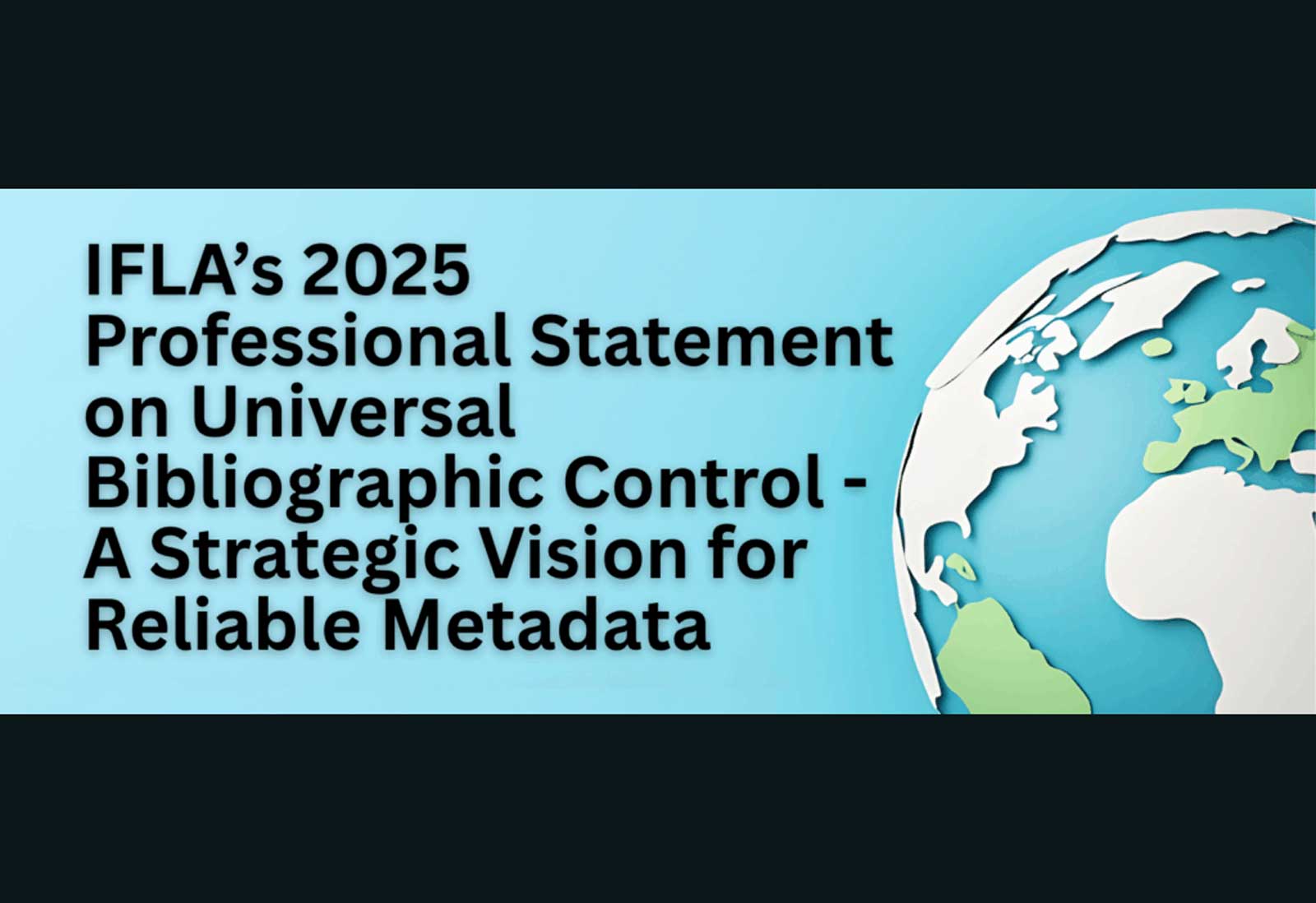Universal Bibliographic Control (UBC) has long been a cornerstone in the global library landscape – the idea that bibliographic metadata is created at the source, is accessible to all, and can be reused across borders and systems. Axiell welcomes IFLA’s renewed commitment to UBC and sees this as an important step in strengthening global bibliographic collaboration.
IFLA emphasizes that UBC depends on technology and system providers enabling interoperability and metadata exchange. For a long time Axiell has had an active role in this regard, with a strong commitment to international standards and practical collaborations with national libraries and stakeholders.
Our collaborations in the Nordic countries
- Finland: In collaboration with the National Library of Finland, we retrieve entity-based authority data in linked data format directly from the vocabulary service Finto. This helps libraries in Finland to reuse authority data in a smooth and sustainable way.
- Norway: The establishment of Metadatabrønnen will enable libraries using our system Quria to access metadata in linked data format, without the need for MARC conversion.
- Sweden: We are participating in a project with the National Library of Sweden to enable the exchange of linked data directly from the national catalogue. The goal is to develop alternatives to MARC as the national exchange format for bibliographic data – an important milestone for the future bibliographic infrastructure.
A system built for the future
Axiell’s development and collaborations are driven by UBC’s core principles of interoperability and global metadata exchange. Our library system Quria is based on linked data and built with support for RDA (Resource Description and Access), which means:
- Well-developed support for metadata flows from cataloguing agencies
- A data model designed to reduce duplication of work through data reuse
- Automatic transformation of flat MARC records into future-proof linked data
Together for global interoperability
We see Universal Bibliographic Control as a shared journey. By collaborating across national borders, sharing metadata, and building systems that support international standards, we can together create an open, global, and future-proof bibliographic ecosystem.




